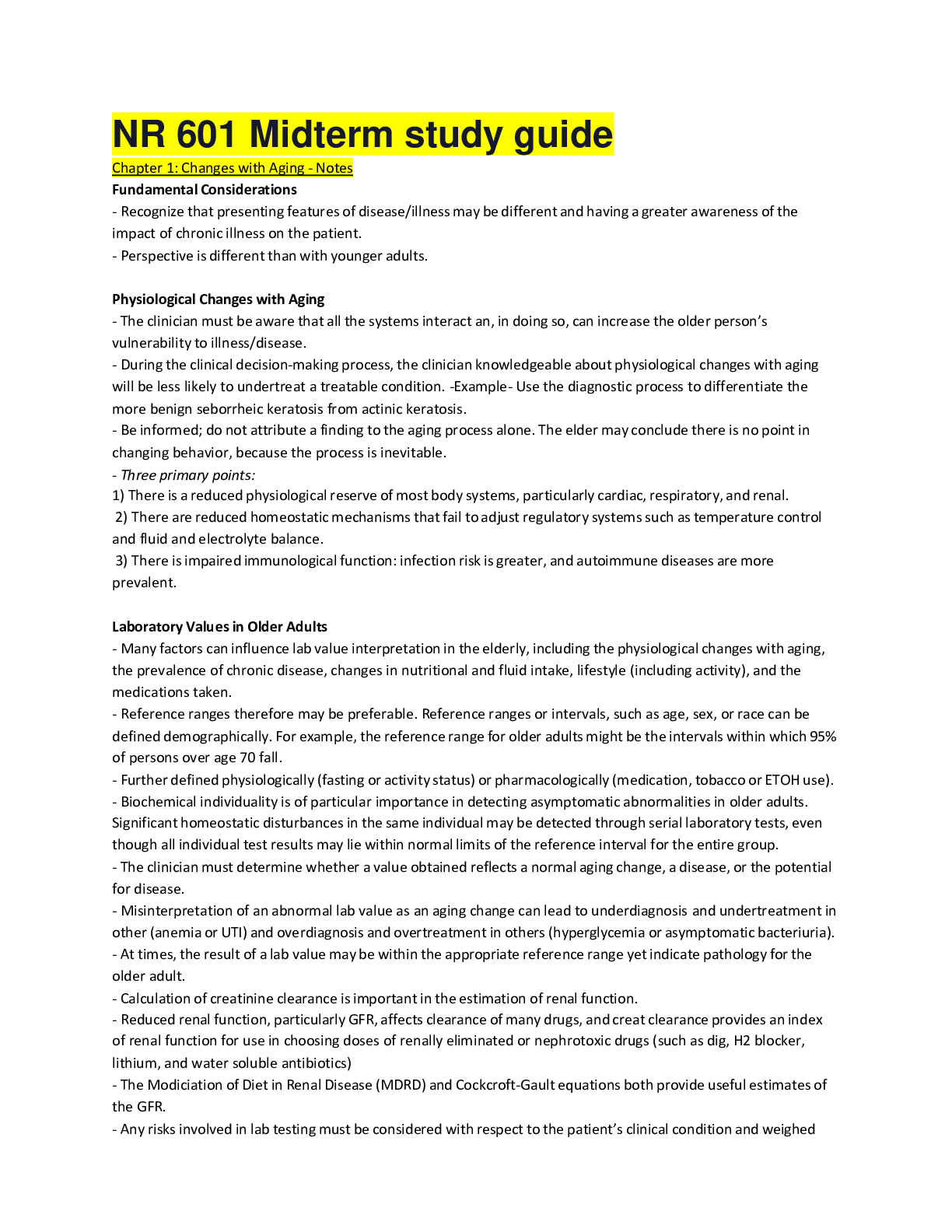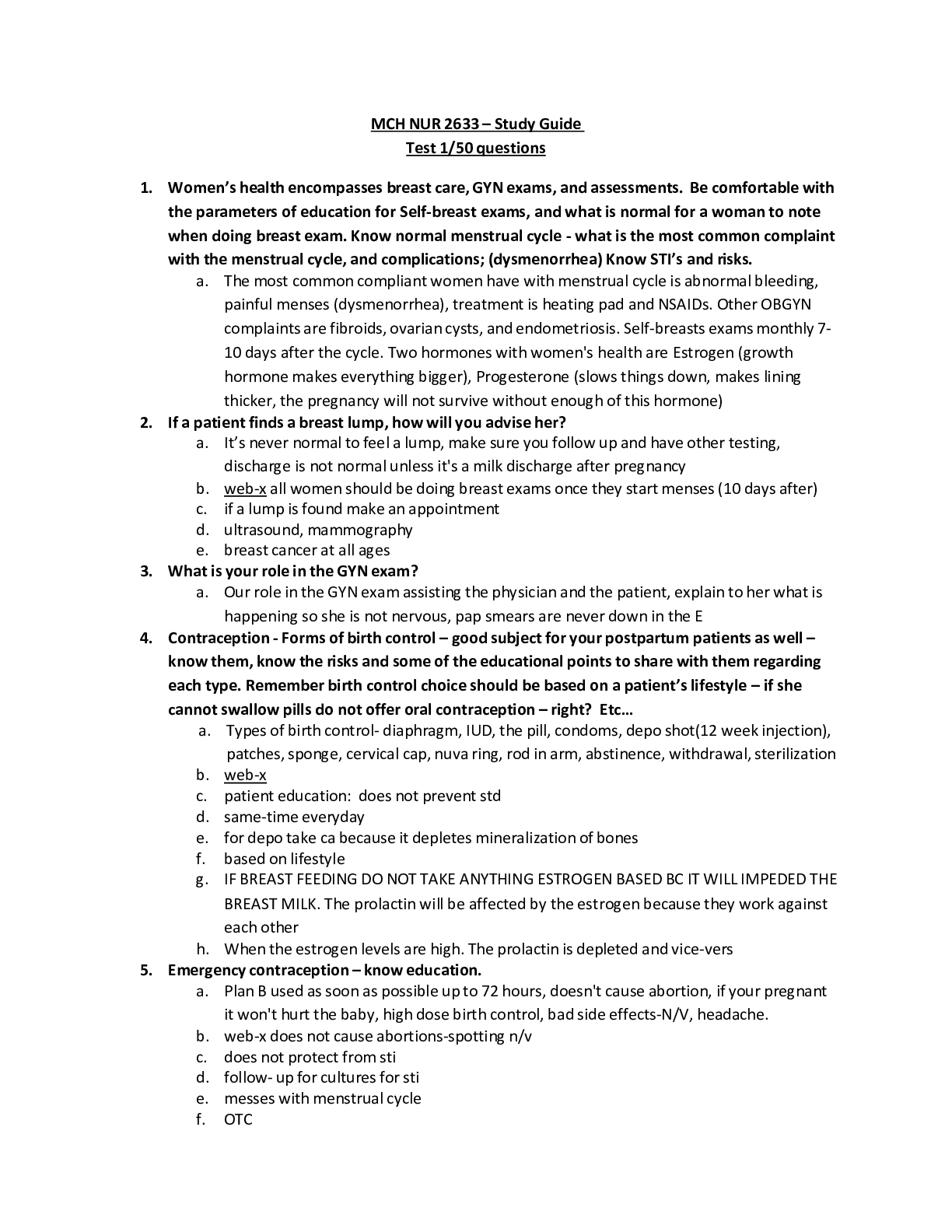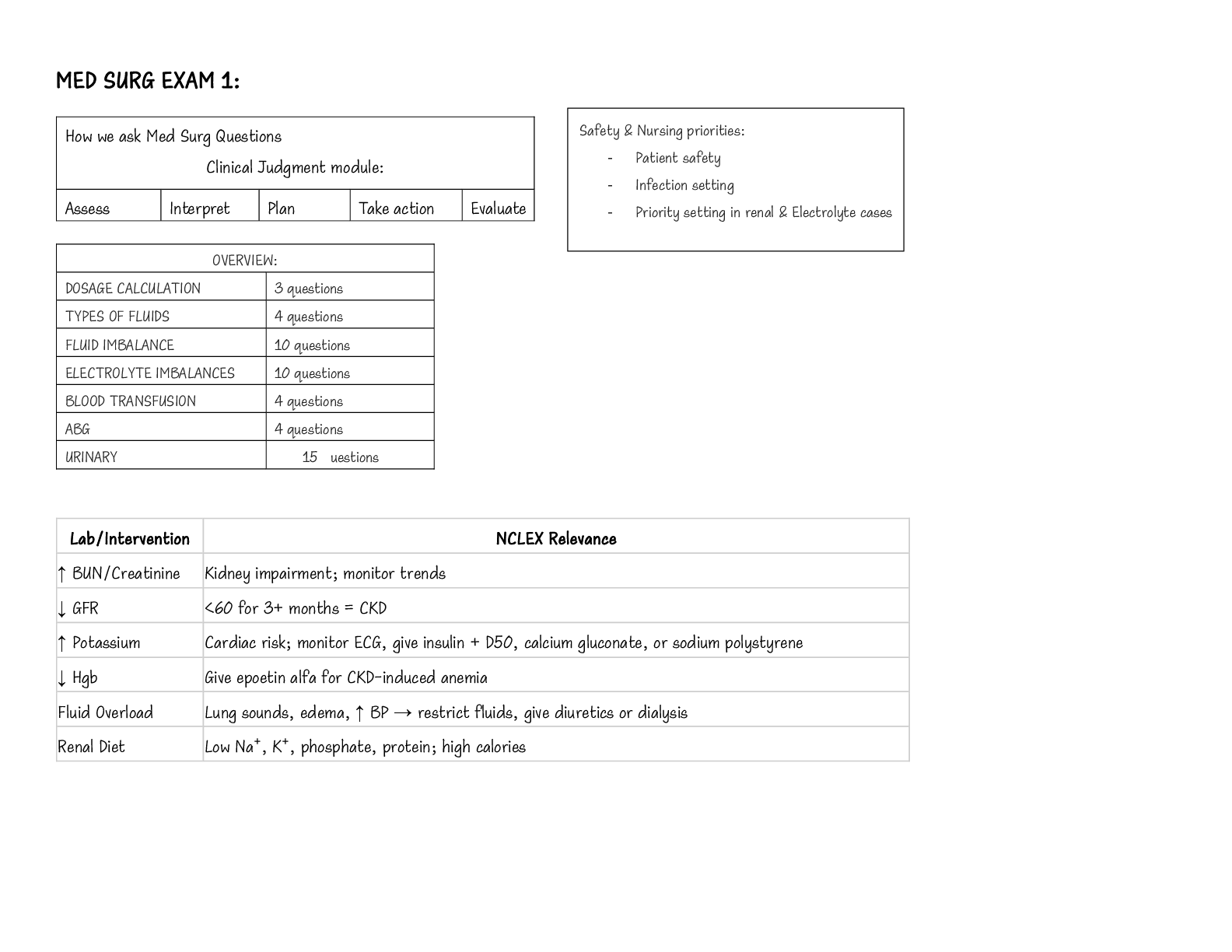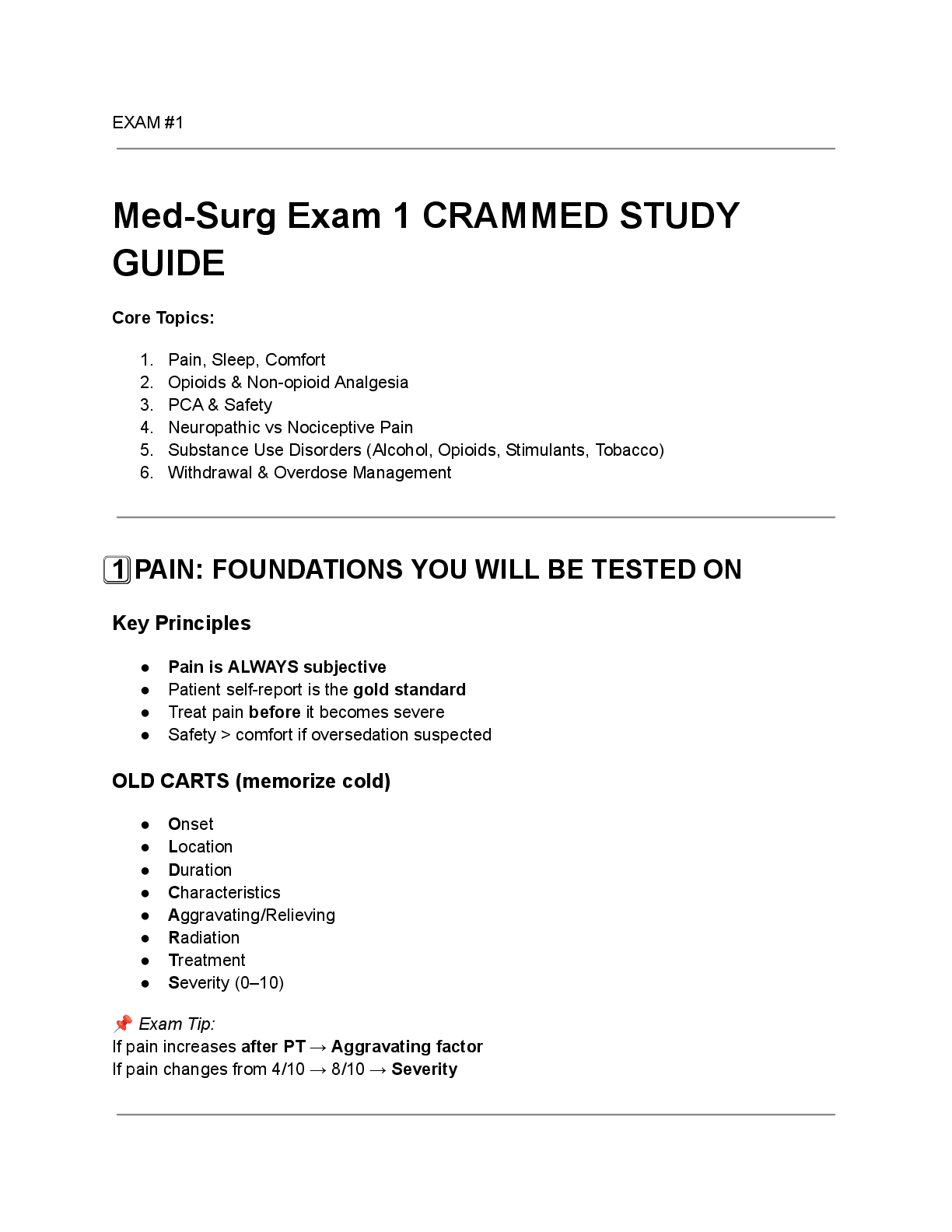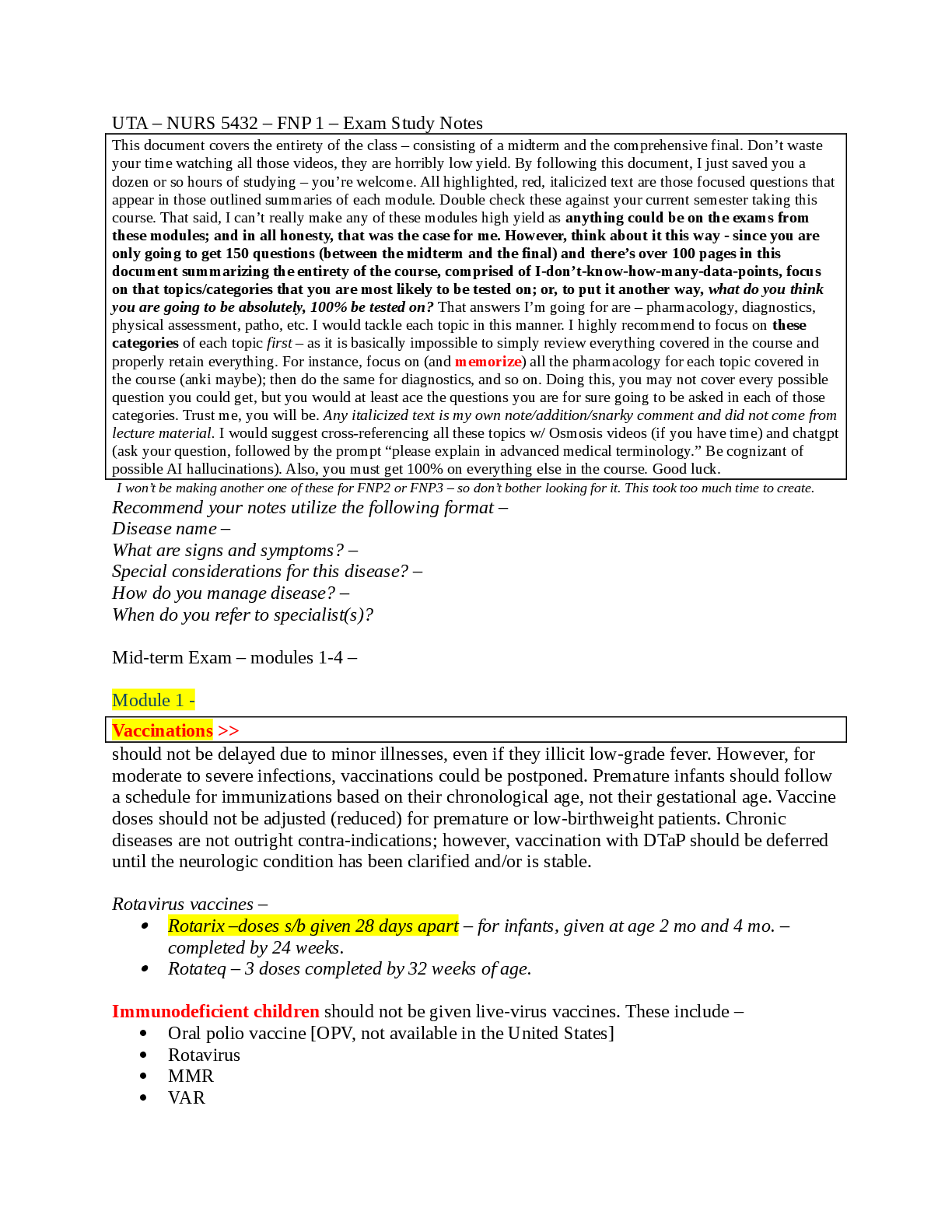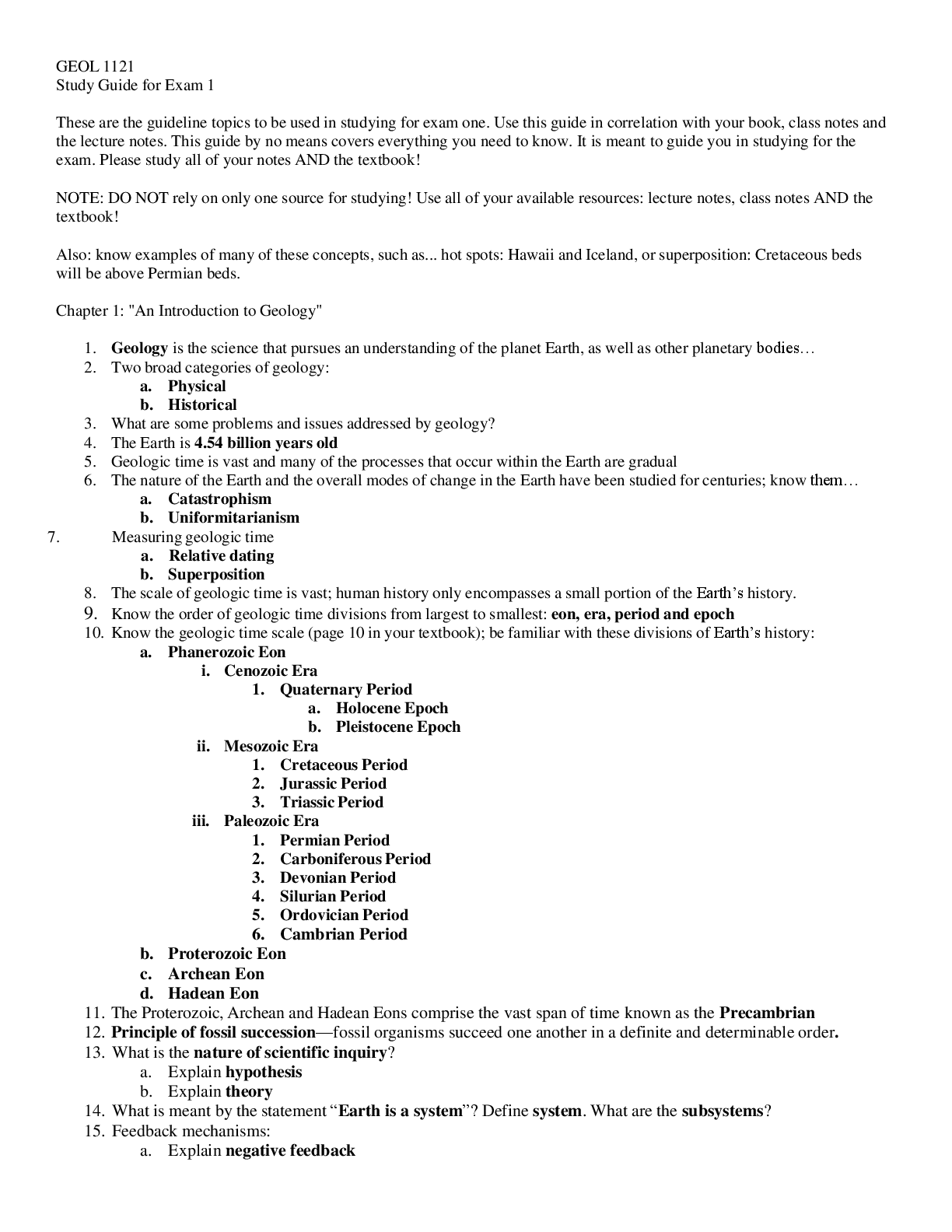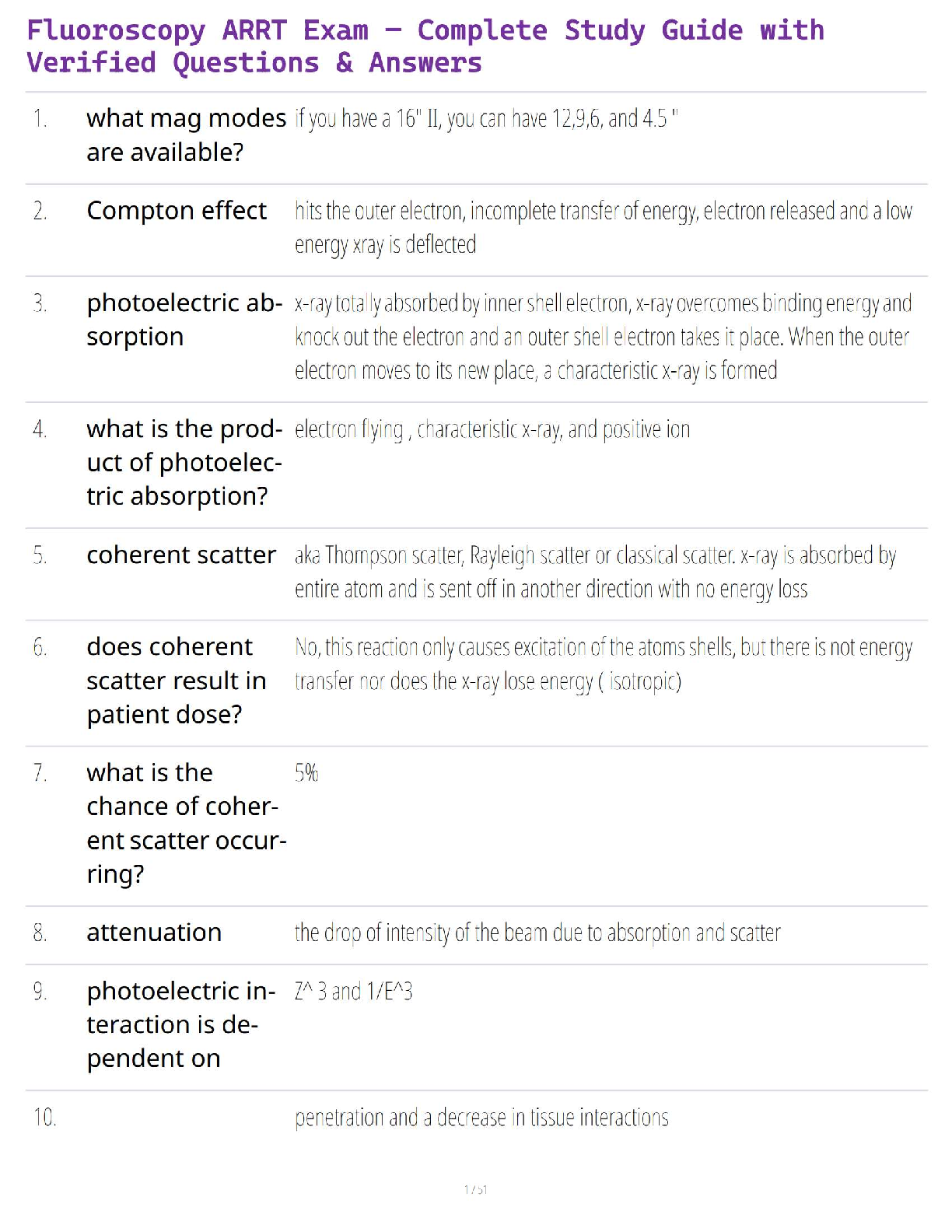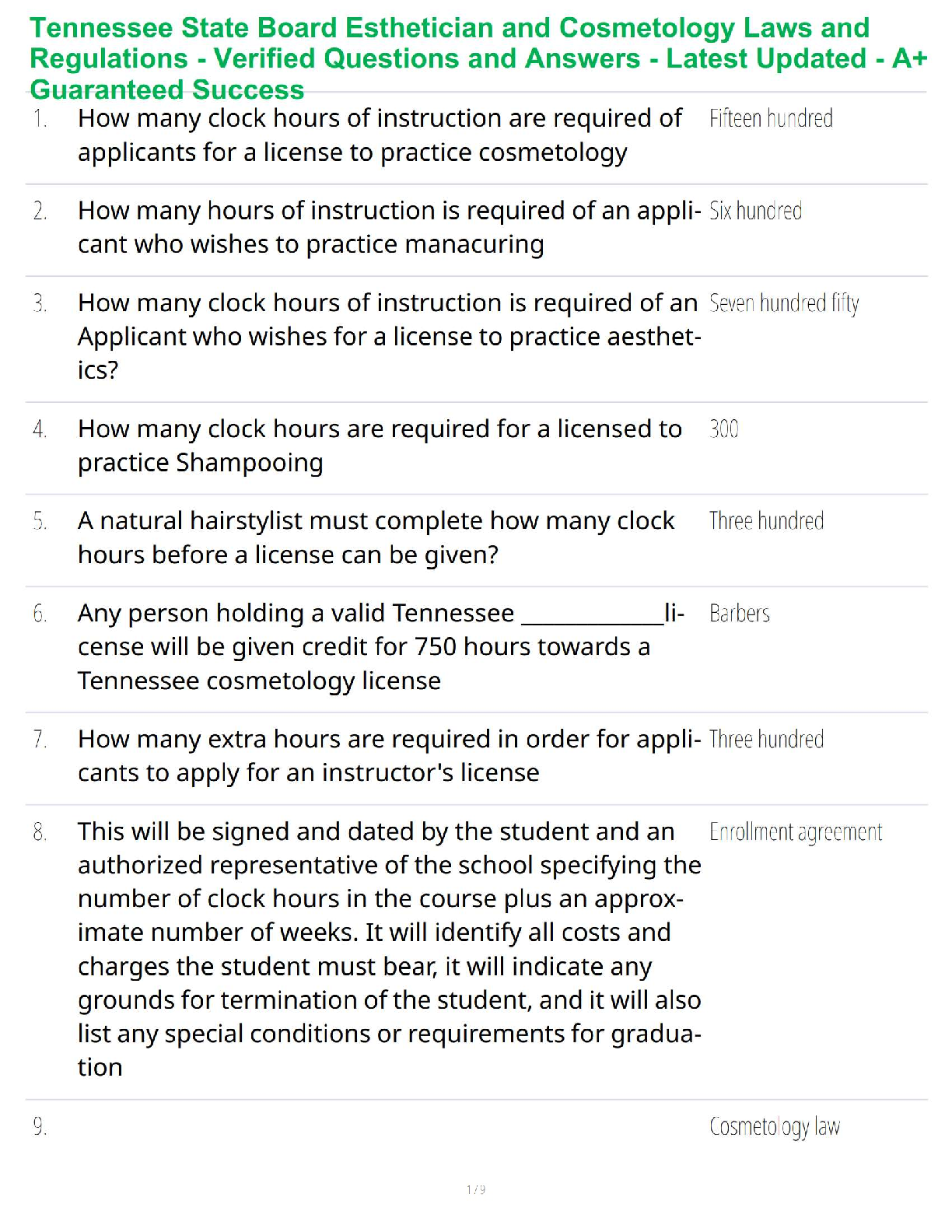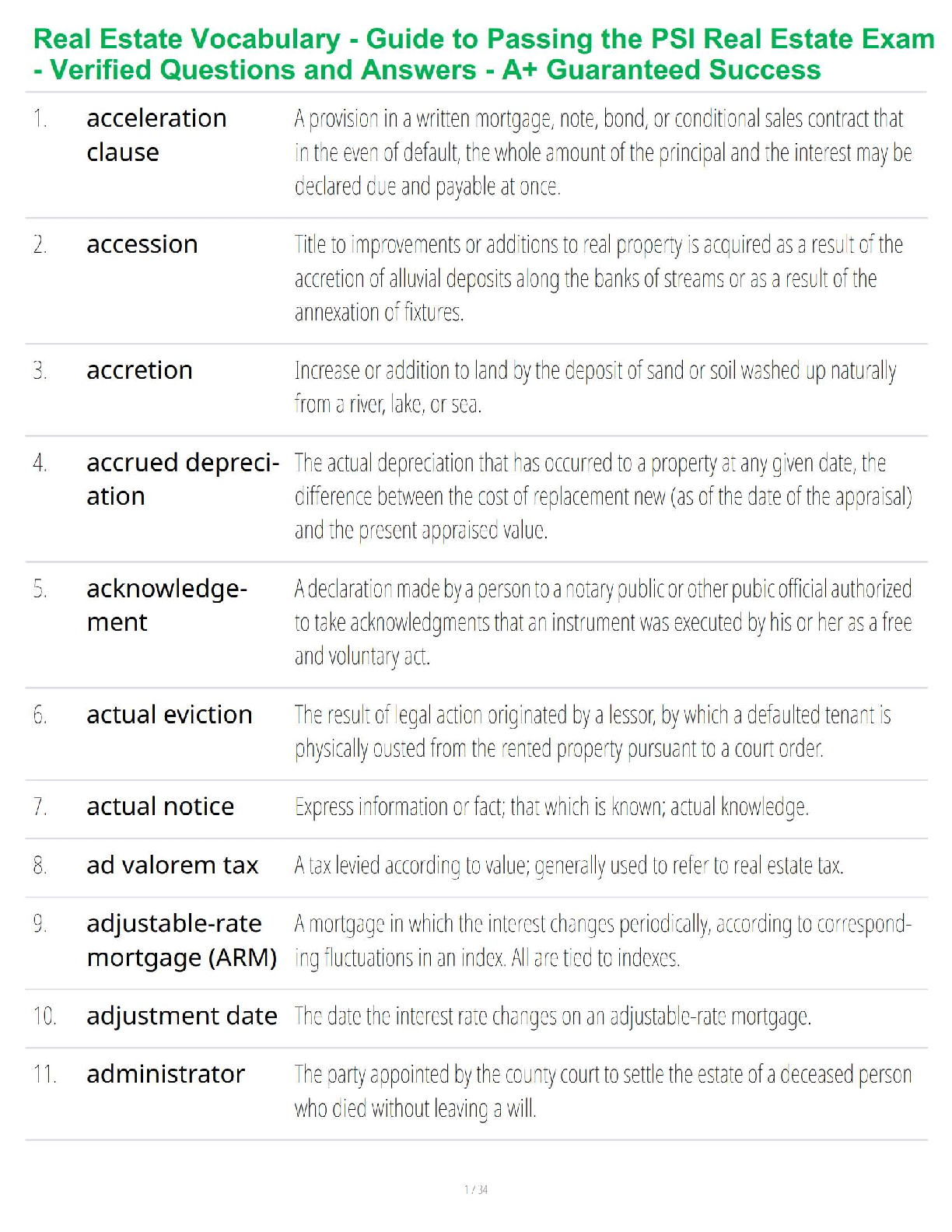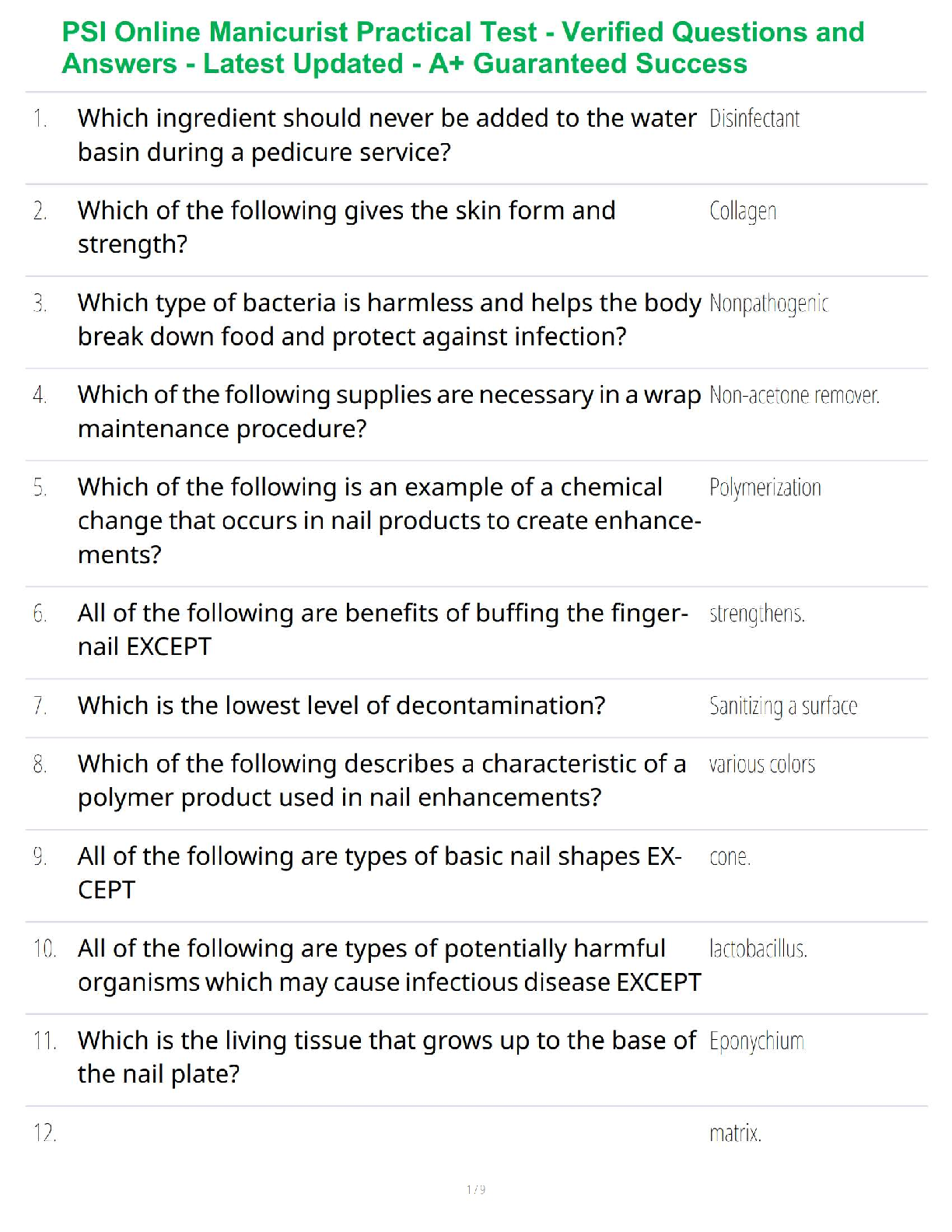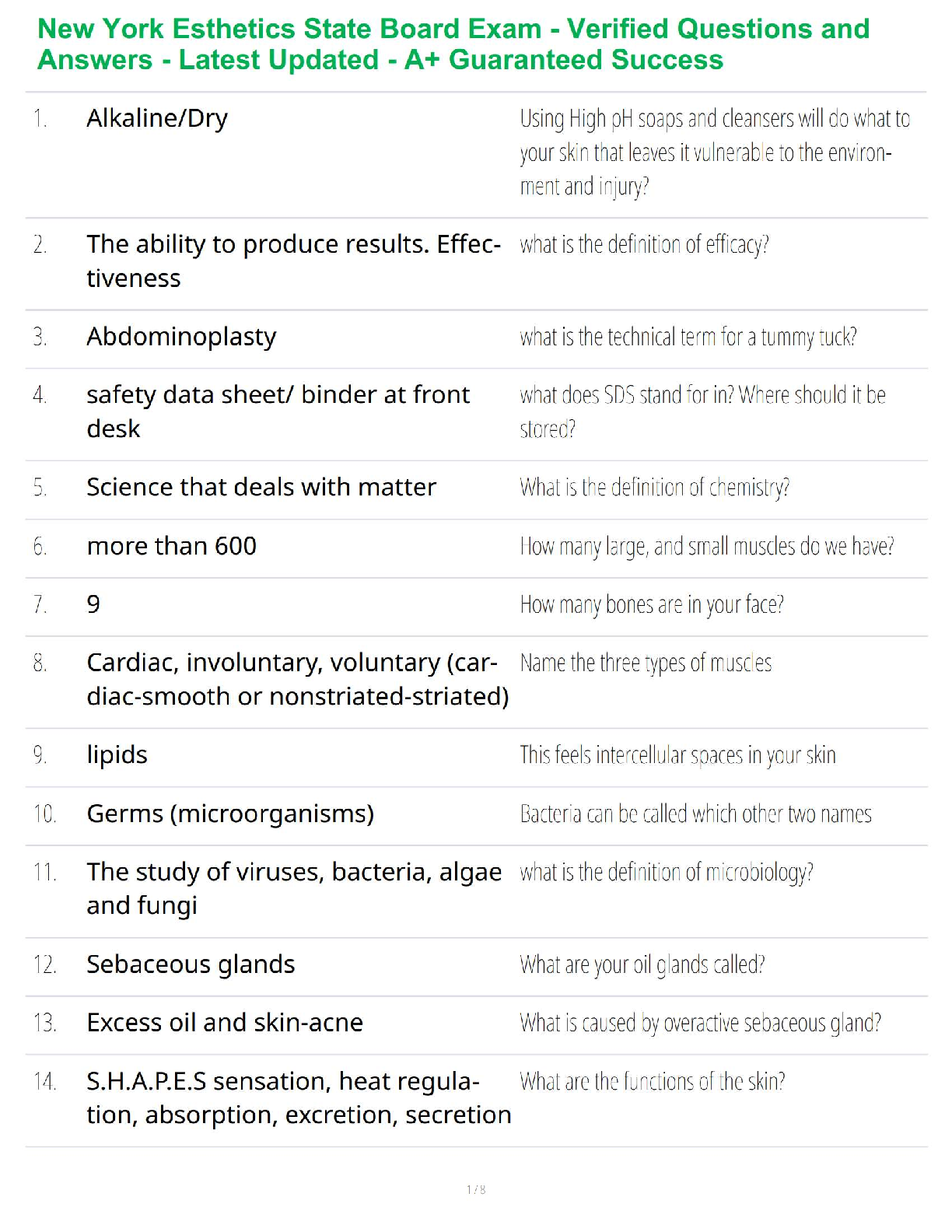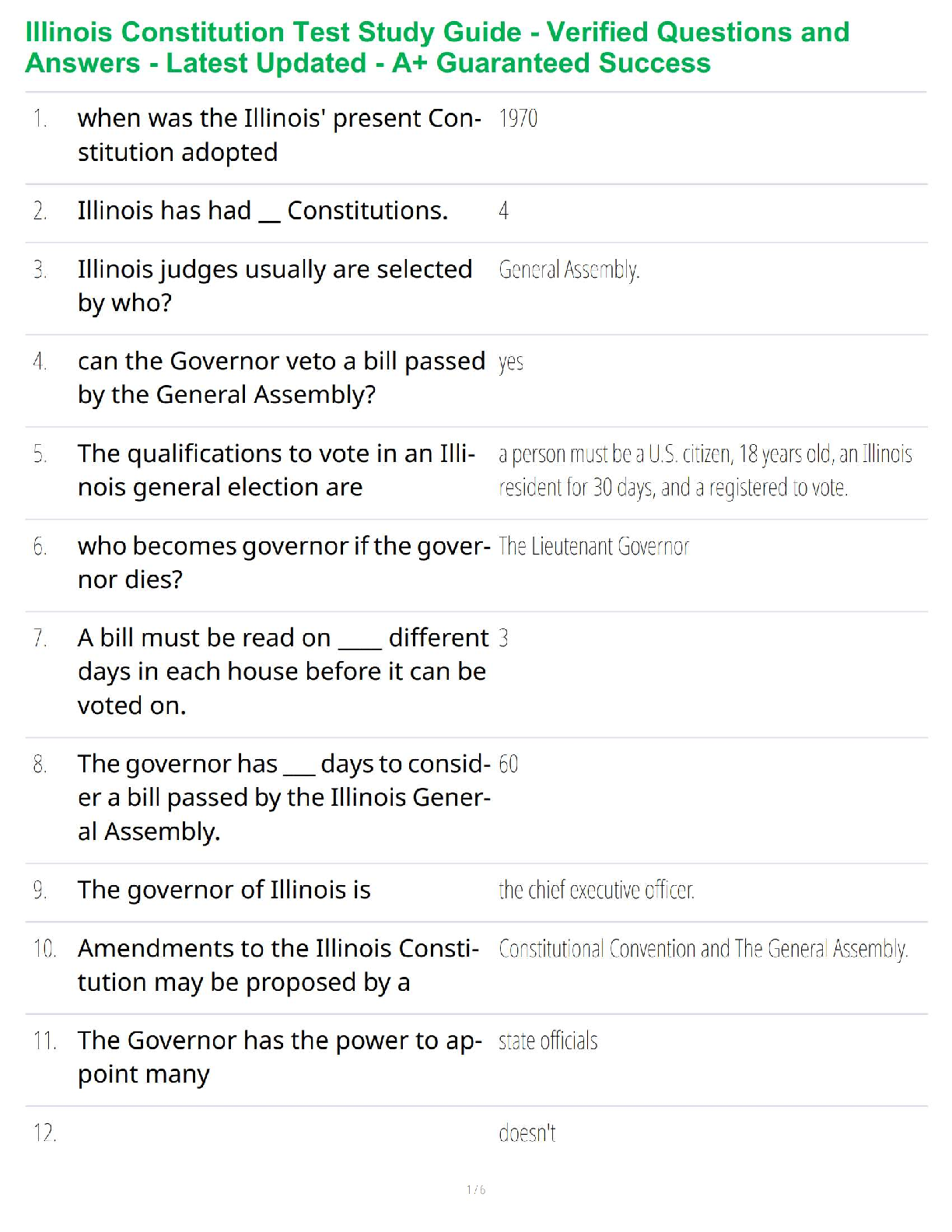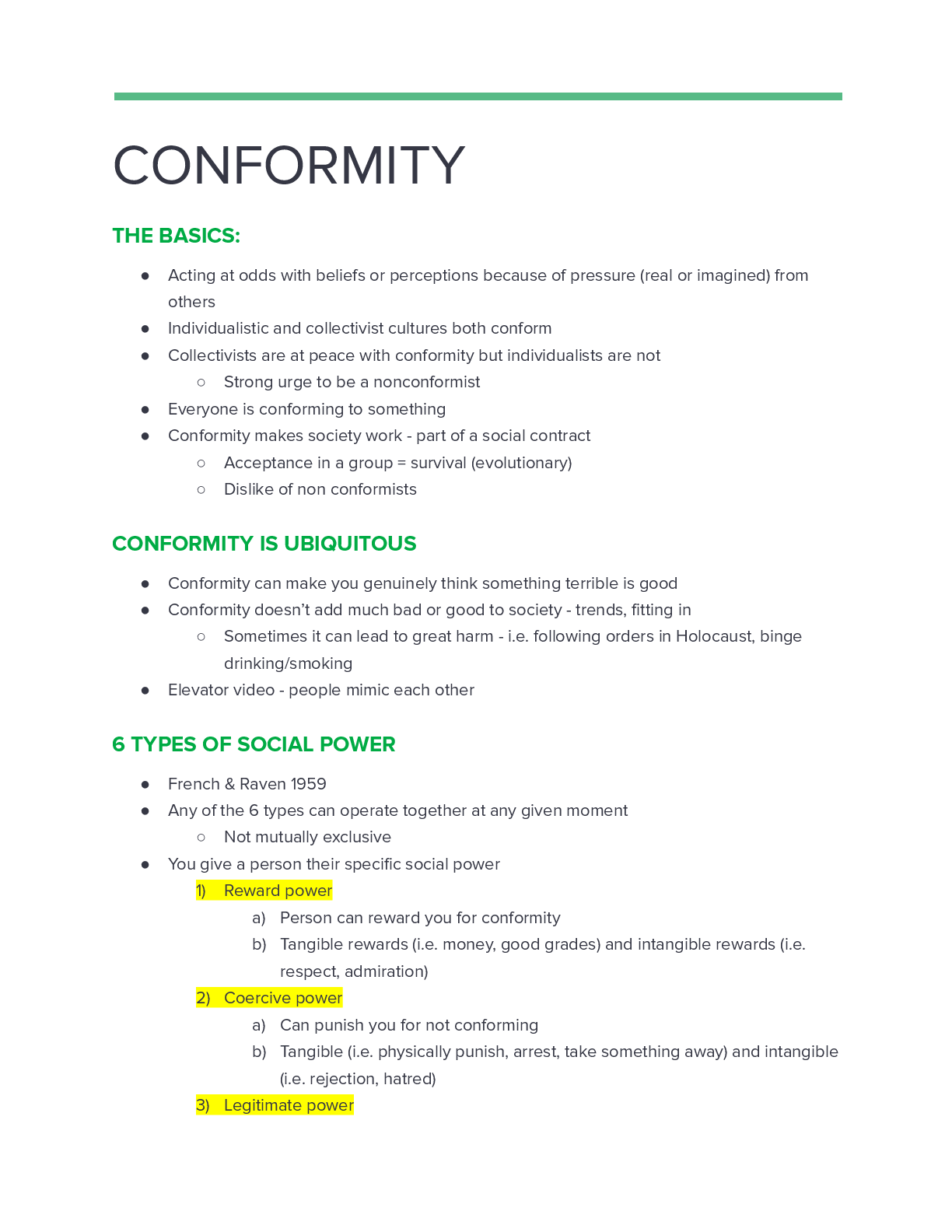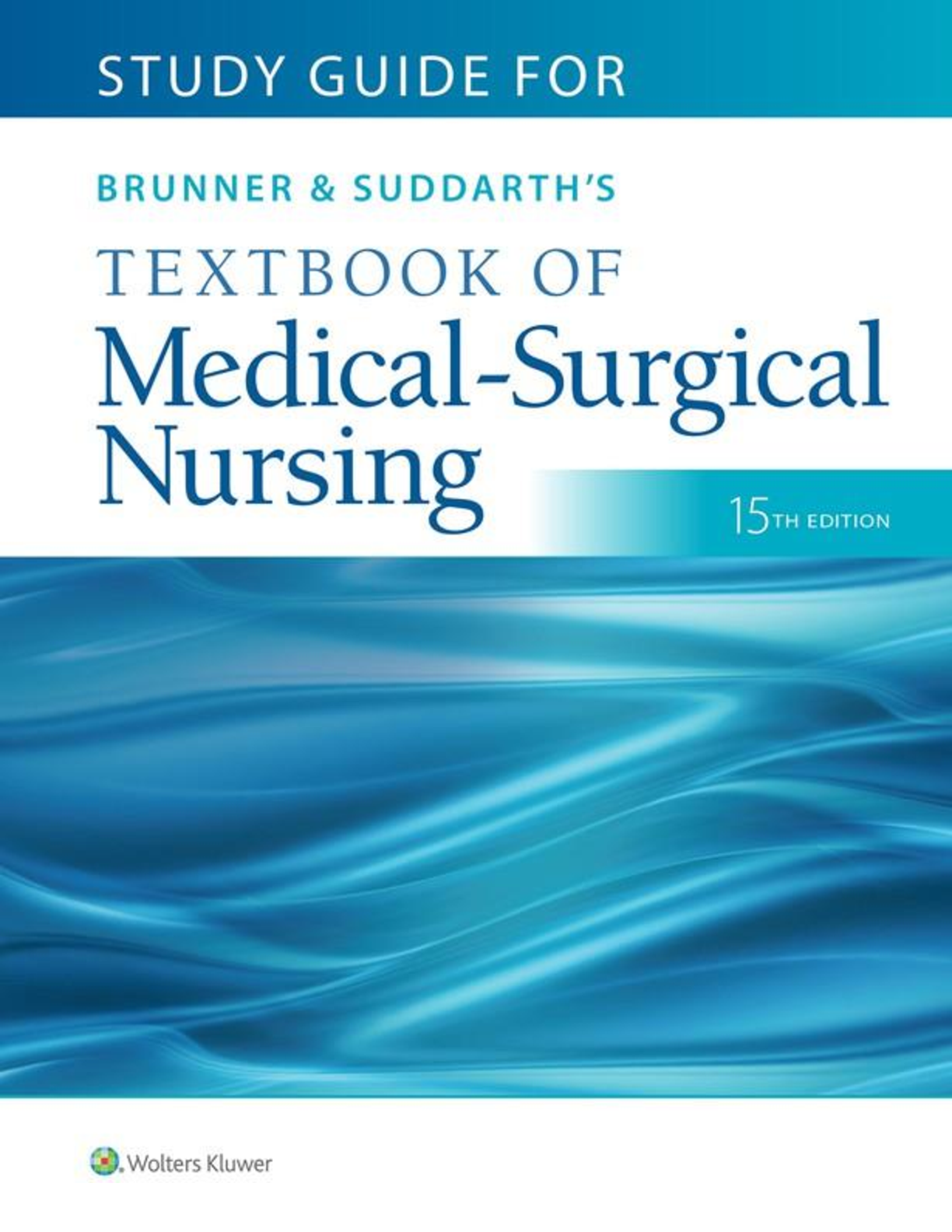* What are the Bowlby Attachment Theory Stages and what happen1s . in each stage? ★
Family members gather in the emergency department after ★ learning that a family member was involved in a motor vehicle accident. Aft
...
* What are the Bowlby Attachment Theory Stages and what happen1s . in each stage? ★
Family members gather in the emergency department after ★ learning that a family member was involved in a motor vehicle accident. After learning of the ★ family member’s unexpected death, the surviving family ★ members begin to cry and scream in despair. The nurse recognizes this as the Bowlby Attachment Theory stage of:
Yearning and seeking Bowlby’s Attachment Theory
Numbing
Protects the person from the full impact of loss
2. Yearning and seeking
Emotional outbursts of tearful sobbing and acute distress characterize the second bereavement stage
3. Disorganization and despair Examines loss and expresses anger
4. Reorganization
Person begins to accept change, new role or skills
* Kubler-Ross’s Stages of Dying
During a follow-up visit, a woman is describing new onset of marita1l . discord with her terminally ill spouse. Using the Kübler-Ross 2. behavioral theory, the nurse recognizes that the spouse is in 3. which stage of dying? Anger
4.
5. Kübler-Ross’s Stages of Dying (DABDA)
Denial- A person in the denial stage cannot accept the fact of the loss, which often provides psychological protection from a loss that the person cannot yet bear.
Anger-When experiencing the anger stage of adjustment to loss, a person expresses resistance and sometimes feels intense anger at God, other people, or the situation Bargaining-cushions and postpones awareness of the loss by trying to prevent it from happening. Grieving or dying people make promises to self, God, or loved ones that they will live or believe differently if they can be spared death.
Depression-When a person realizes the full impact of the loss, depression occurs. Some individuals feel overwhelmingly sad, hopeless, and lonely.
Acceptance- In acceptance the person incorporates the loss into life; develops the capacity to have a breadth of emotions, even positive ones; and finds ways to move forward.
Older Adult Ch. 14
* What is the best method to teach an older adult?
QUIZ!
The nurse is preparing to perform a functional assessment of an older patient and knows that a good approach would be to:
Observe the patient’s ability
to perform the tasks. Make sure that the patient is ready to learn before trying to teach. Watch for clues that indicate that the patient is preoccupied or too anxious to comprehend the material.
• Is the patient physically well enough to be taught? Is he or she in pain?
• Sit facing the patient so he or she is able to watch your lip movements and facial expressions.
• Speak slowly and in a normal tone of voice.
• Present one idea or concept at a time.
• Emphasize concrete rather than abstract material.
• Give the patient enough time in which to respond because older adults process information slower than younger persons.
• Keep environmental distractions to a minimum. Provide appropriate lighting and a comfortable setting.
• Defer teaching if the patient becomes distracted or tired or cannot concentrate for other reasons.
• Invite another member of the household to join the discussion.
• Use audio, visual, and tactile cues to enhance learning and help the patient remember information.
• Ask for feedback to ensure that the patient understands the information.
• Use past experience; connect new learning to previous knowledge.
.......................................CONTINUED..........................................
[Show More]



